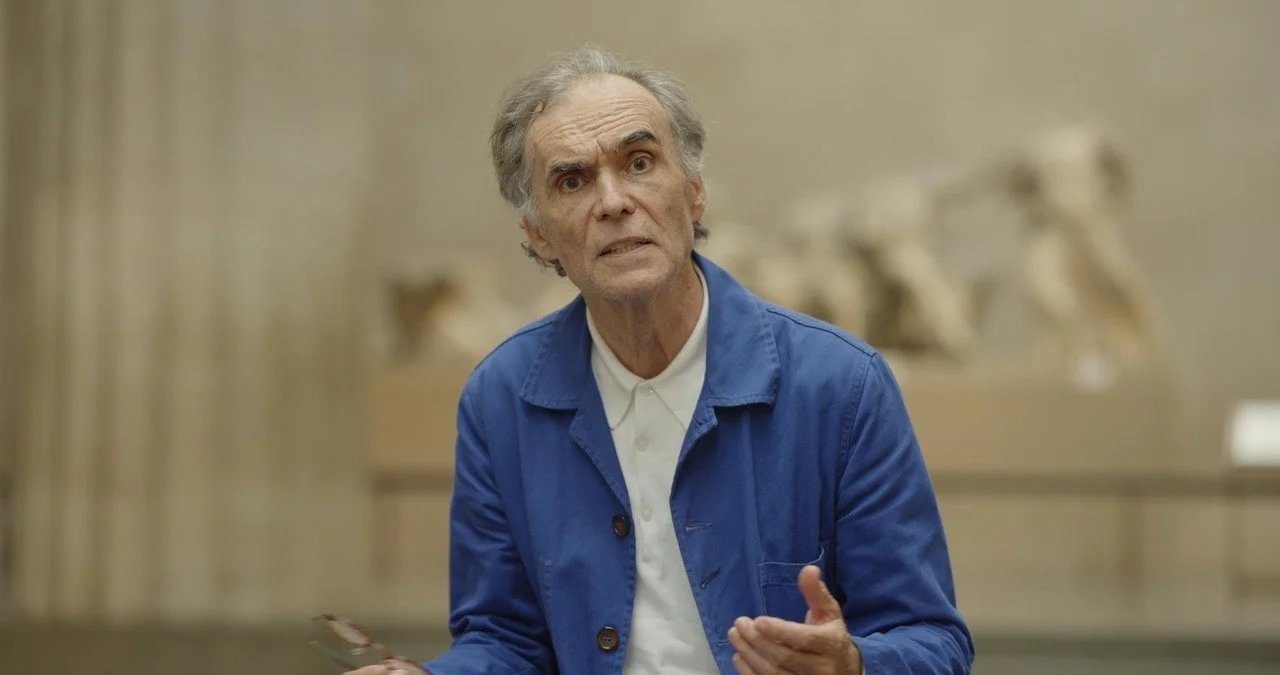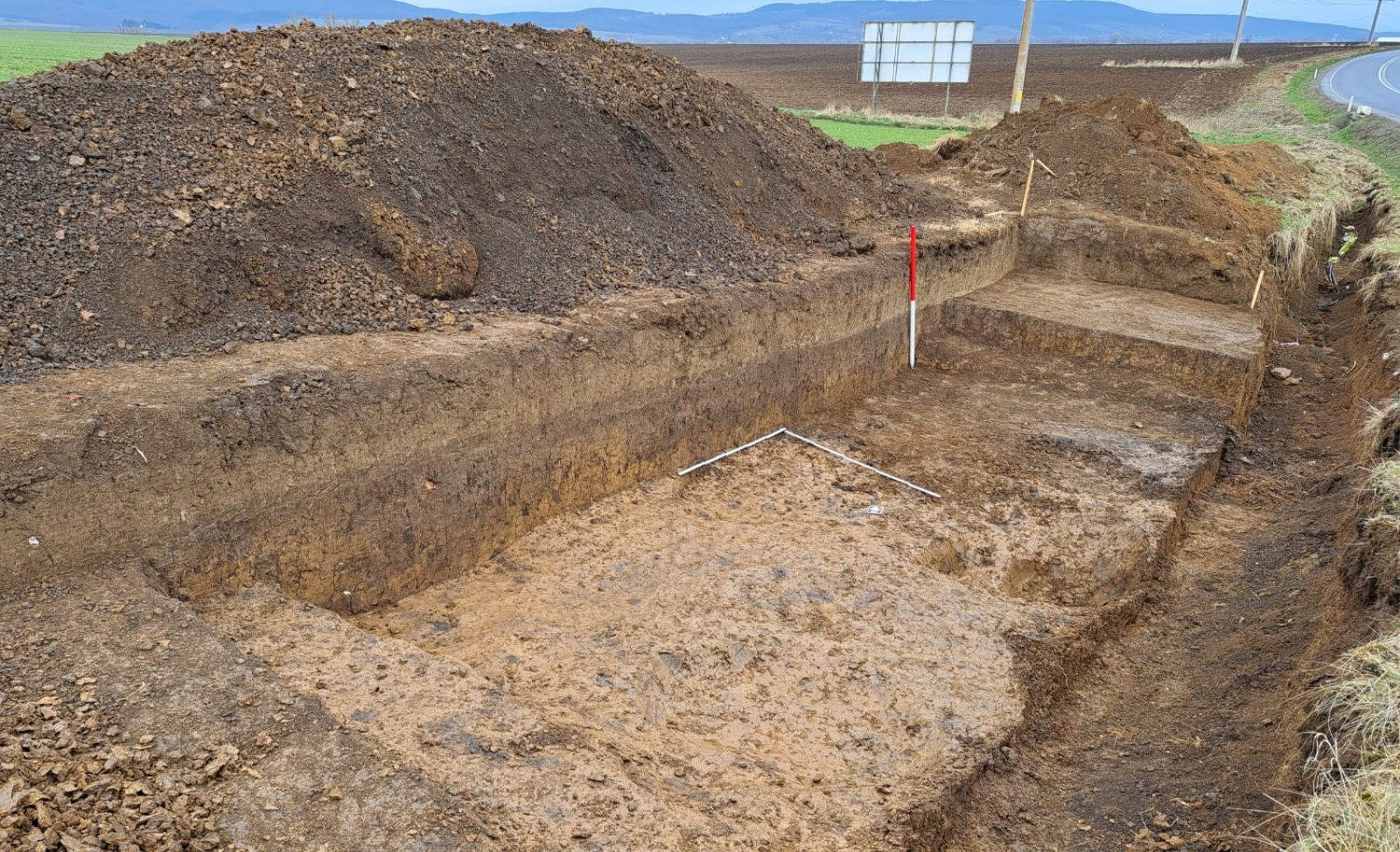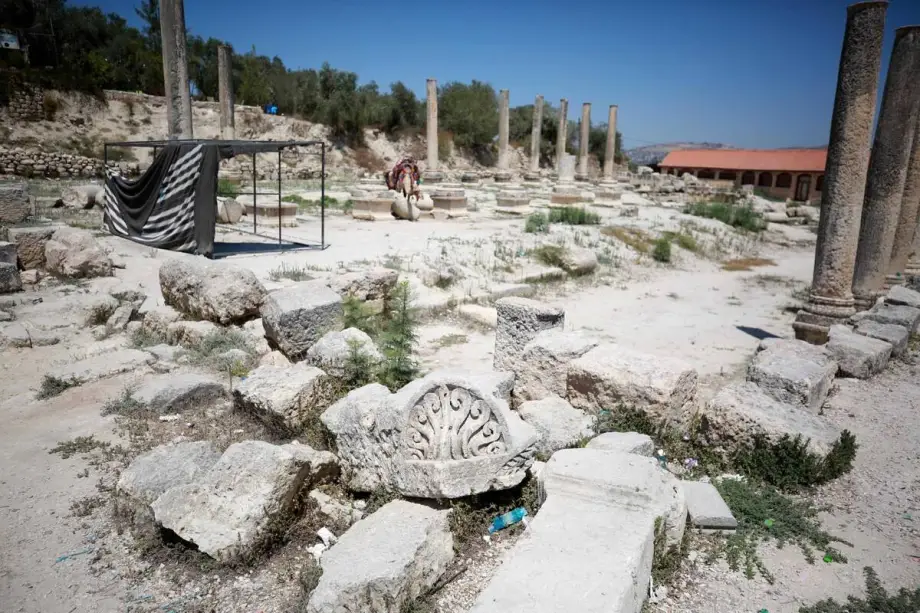A new feature-length documentary, The Marbles, has arrived in British cinemas, reigniting one of the world’s longest-running cultural controversies: the fate of the Parthenon Sculptures, often called the “Elgin Marbles.” Directed by veteran filmmaker David Nicholas Wilkinson, the 114-minute film delves into the history, politics, and moral questions surrounding the famous collection housed in London’s British Museum — and the enduring calls for its return to Athens.
Released nationwide on November 7, 2025, the film coincides with renewed public and diplomatic pressure over cultural restitution. It follows Wilkinson’s three-year investigation into how the Parthenon sculptures were removed from Athens in the early 19th century by Lord Elgin, then Britain’s ambassador to the Ottoman Empire, and how they eventually became centerpiece exhibits in the British Museum.
Unlike many past treatments of the subject, The Marbles avoids polemic. Critics in The Guardian and the Financial Times describe it as “measured, thoughtful, and surprisingly balanced,” offering both sides of the debate. The film gives equal voice to Greek cultural figures, international heritage experts, and British Museum officials, who argue that the institution preserves and contextualizes the sculptures as part of a “universal collection.”
Still, the documentary clearly tilts toward moral introspection. Wilkinson traces how the Parthenon — once a temple to Athena, later a church, mosque, and ruin — has become a global symbol of cultural identity and loss. The film raises uncomfortable questions about the ethics of empire, the responsibilities of museums, and the growing movement demanding the repatriation of looted artifacts worldwide.
Cinematically, The Marbles blends aerial shots of the Acropolis and the British Museum’s Duveen Gallery with interviews and archival material. Wilkinson himself appears on camera, acknowledging his own shift in perspective as he studies the evidence. He concludes, as he told Sky News, that the sculptures were “beyond any reasonable doubt, taken under dubious authority.”
The release arrives at a delicate political moment. Although the British Museum has hinted at a potential “long-term partnership” with Greek institutions, the British government maintains that the law forbids permanent return. Yet polls show that a majority of the British public now favors repatriation.
For art historians and museum professionals, The Marbles offers more than advocacy; it’s a meditation on how nations define ownership, beauty, and historical justice. Whether or not it changes policy, it certainly reframes the narrative — reminding audiences that these stones carved in fifth-century BCE Athens are still alive in the world’s conscience.









